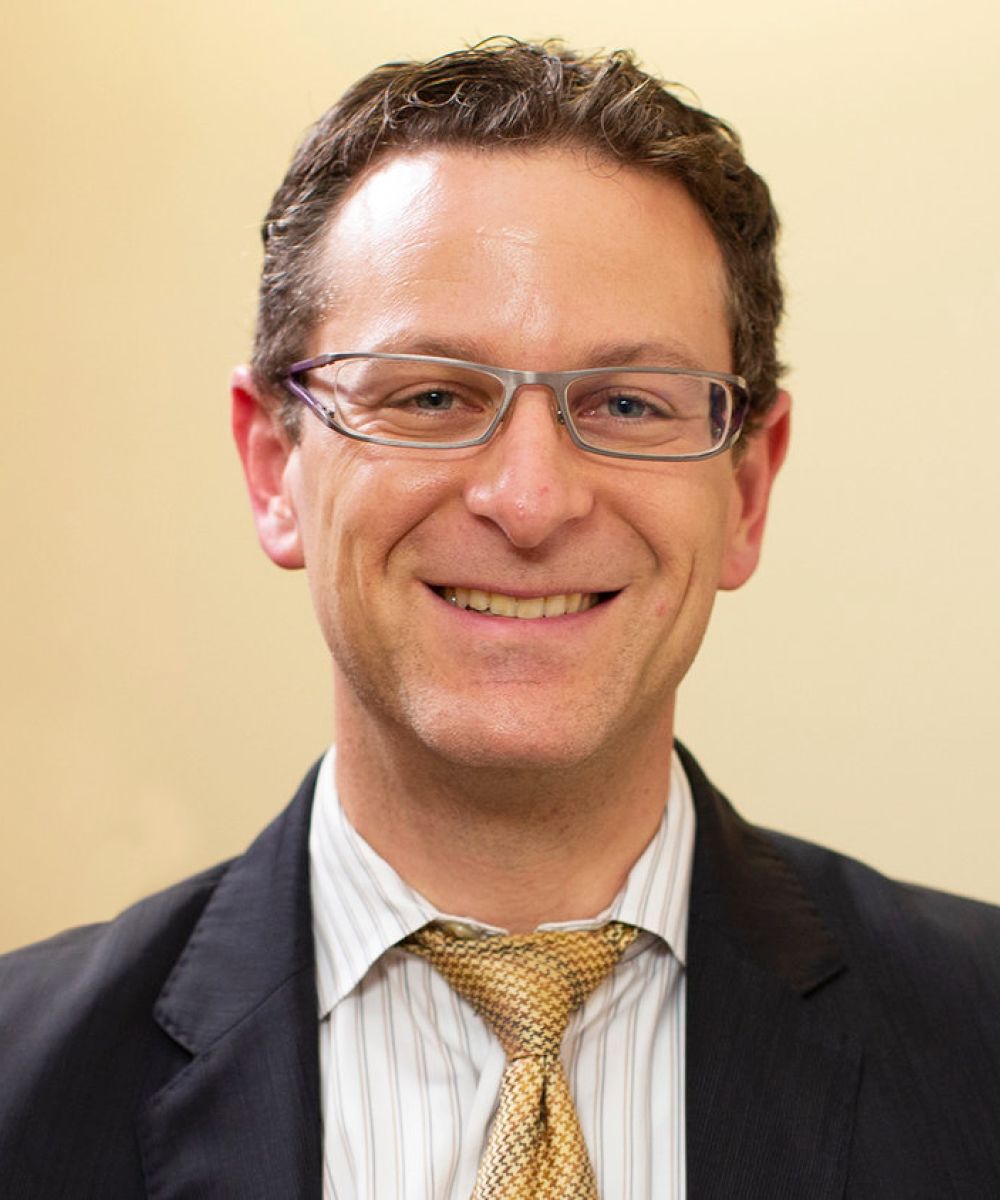At Peloton, we love hearing from our Members. We constantly receive notes from our community, sharing stories of triumph, perseverance and unity. It’s these stories that let us know just how much of an impact Peloton has on the physical, mental and emotional wellbeing of our Members.
As our community has grown, we’ve heard how some Members use Peloton to cope with issues ranging from neurodegenerative diseases or cancer, to PTSD or post-partum depression. Many medical professionals who are also Members have even let us know that they’ve “prescribed” Peloton to their patients. Realizing this, we began digging deeper into the ways that we could ensure each Member experiences the positive impact of Peloton, beyond just a killer workout.
This is why, today, we’re pleased to announce the first-ever Peloton Health and Wellness Advisory Council, a group of five renowned doctors, researchers and other medical professionals from the fields of cardiopulmonary exercise, neurology and neuroscience. We’ll collaborate with the council, drawing on their knowledge and expertise to help inform product and content decisions, community-focused and social impact initiatives, research projects and more to help us bring you, our community, an even better experience.
Now, let’s meet the inaugural Council members!
Cardiovascular Medicine
Suzanne Steinbaum, MD

Dr. Suzanne Steinbaum is an attending cardiologist, specializing in prevention. She has recently opened a private practice in New York City, at the Juhi-Ash integrative health center encompassing heart health, wellness and prevention, as well as the effects of stress and inflammation on heart health. She is the founder and President of SRSHeart, a personalized lifestyle management program using anatomy, physiology, functional data, genetics and metabolism, along with technology to reach ultimate cardiovascular health. She has been the Director of Women’s Cardiovascular Prevention, Health and Wellness at Mt. Sinai Heart in New York City, after being the Director of Women’s Heart Health at Northwell Lenox Hill. Dr. Steinbaum is a Fellow of the American College of Cardiology and the American Heart Association. She is a National Spokesperson for the Go Red for Women campaign and chairperson of the Go Red for Women in New York City. She is on the New York City Board of the American Heart Association and on the Scientific Advisory Board of the Women’s Heart Alliance.
“Peloton has been on the forefront of empowering people to impact their health and wellness through exercise. I have always said that "Exercise is the best medication," and if we could empower people to exercise, we can help them have the greatest impact on their cardiovascular health. Exercise can decrease the major risk factors of heart disease- cholesterol, blood pressure, sugars, weight and stress- and can help dilate the arteries and maximize cardiac functioning. When you have a tool that enables people to reach optimum physical and mental health, helping them get there is essential. My expertise in prevention and cardiovascular health is aligned with Peloton's desire to improve overall health and wellbeing, and will expand the impact that Peloton can have on the lives of their members.”
Neurology
Richard S. Isaacson, MD

Richard S. Isaacson, MD is a Neurologist, clinician and researcher who specializes in Alzheimer’s prevention and treatment. He previously served as Associate Professor of Clinical Neurology, Vice Chair of Education, and Education Director of the McKnight Brain Institute in the Department of Neurology at the University of Miami (UM) Miller School of Medicine. Prior to joining UM, he served as Associate Medical Director of the Wien Center for Alzheimer’s disease and Memory Disorders at Mount Sinai. Dr. Isaacson specializes in Alzheimer’s disease (AD) risk reduction and treatment, mild cognitive impairment due to AD and preclinical AD. His clinical research has shown that individualized clinical management of patients at risk for AD dementia is an important strategy for optimizing cognitive function and reducing risk of dementia. He has also published novel methods on using a precision medicine approach in real-world clinical practice. He has also led the development of Alzheimer’s Universe (AlzU.org) a vast online education research portal on AD with results published in the Journal of the Prevention of Alzheimer's disease, Journal of Communication in Healthcare, Alzheimer's & Dementia: Translational Research & Clinical Interventions, and Neurology. With a robust clinical practice and broad background in computer science, m-Health, biotechnology and web-development, Dr. Isaacson is committed to using technology and lifestyle interventions (such as physical exercise and nutrition) to optimize patient care, AD risk assessment and early intervention.
“It's an honor for me to join the Peloton Health and Wellness Advisory Council. Exercise is among the most evidence-based ways to protect brain health over time and help reduce the chance of developing Alzheimer's disease (AD). Most people are unaware that Alzheimer's starts silently in the brain decades before the first symptoms of memory loss begin, giving ample time for people at risk to make brain healthy choices. Our research has shown that when people at risk of dementia make a combination of lifestyle changes, they may be able to improve their cognitive function and also reduce their personal AD risk. Some of the most commonly recommended changes include high-intensity interval training, among many others, and I look forward to working with Peloton to advance research in this area.”
Vernon Williams, MD

Vernon Williams, MD is the Founding Director of the Center for Sports Neurology and Pain Medicine at Cedars-Sinai Kerlan-Jobe Institute in Los Angeles, CA. Dr. Williams is a former Commissioner for the California State Athletic Commission and current Chair of Neurological Health for the Commission’s Medical Advisory Committee, as well as a former two-term Chair of the American Academy of Neurology Sports Neurology Section. He serves as a neurological medical consultant to local professional sports organizations such as the Los Angeles Rams, Los Angeles Dodgers, Los Angeles Lakers, Los Angeles Kings and Los Angeles Sparks. He also assists local colleges and numerous high school and youth sports/club athletic teams in this capacity. Dr. Williams is a board-certified clinical neurologist with very specialized areas of subspecialty: Sports Neurology and Pain Medicine. He is actively engaged in researching and developing innovative and effective treatments and technologies that help people recognize symptoms of a neurological injury sooner so that the work of treating them can happen faster, and with less potential for permanent damage. He passionately advocates for optimization of Neurological Health across the lifespan for his patients and peak performance clients.
“I believe in the concept that ‘Your Brain Can Make You Better,’ and I’m very interested in optimizing Neurological Health across the lifespan. As such, I focus on educating my patients, elite professional clients, as well as the public at large on how the brain contributes to performance. There’s been a recent explosion of understanding in ways that we can train the brain and how much the brain benefits from movement. I’m excited to work with Peloton in ways that further advance our fund of knowledge and dramatically increase meaningful knowledge transfer to Peloton members in ways that improve their physical, mental, and emotional wellbeing. I believe the work will pay off in their athletic, academic, professional, and cognitive performance for a healthier and more productive life.”
Cardiopulmonary Exercise
Aimee Layton, PhD

Aimee Layton, PhD is an Assistant Professor of Applied Physiology in Pediatrics in the Division of Pediatric Cardiology and the Director of the Pediatric Cardiopulmonary Exercise Laboratory at Columbia University Medical Center / New York Presbyterian Hospital. Dr. Layton recently joined the pediatric cardiology team after being director of the adult pulmonary exercise laboratory for a decade. This cross discipline experience provides Dr. Layton with knowledge of both how the lungs and the heart respond to exercise and the role of disease and sports in both adults and kids. Dr. Layton’s prior research investigated respiratory biomechanics, with publications in both diseased and healthy populations. Her new research focuses on bridging the gap between the lab and the home, in hopes of impacting kids’ behavior and relationship with exercise. Dr. Layton is a respected expert in clinical exercise physiology and has lectured internationally on the topic. Beyond her research, Dr. Layton has been performing exercise testing and counseling for both patients with lung disease and patients with heart disease. She plays an important role as one of the lead exercise physiologists for Columbia University Medical Center in testing, exercise counseling and research.
"I joined the Advisory Council because, as an exercise physiologist, our goal is to see as many people as possible taking care of themselves through exercise. Exercise is the fountain of youth. As a Peloton user, I have seen Peloton reach tens of thousands of healthy people in just one class, and this brings great joy to me. I want to see Peloton reach even more people -- and not just healthy people but also those with chronic disease and disability. That is where I come in. My expertise can help Peloton think about how it can become a place for everyone; kids, adults, healthy, sick. I want this because I think the instructors embody all that is good with bringing exercise into people’s lives, and I want to share that experience with anyone who wants it for themselves."
Neuroscience
Jay Alberts, PhD

As a Cleveland Clinic Scientist, Ph.D., Jay Alberts’ research is aimed at understanding the structure-function relationships within the central nervous system and evaluating the impact of behavioral and surgical interventions to improve motor and non-motor function in Parkinson’s disease, stroke, Alzheimer’s and other neurological populations. Human studies are currently ongoing to address these basic and translational research questions. Dr. Alberts is developing and validating new methods of using exercise and augmented and virtual reality to engage patient populations remotely. He is currently leading two multi-site clinical trials investigating the role of exercise in slowing the progression of Parkinson’s disease. Dr. Alberts has led multiple successful technology initiatives aimed at better understanding patient symptoms and communicating these symptoms to providers. He is currently building AR and VR applications as prescriptive digital therapeutic systems for neurological patients. To date, Dr. Alberts has written 100 peer reviewed articles, has had uninterrupted extramural funding since 1999 and holds 10 patents.
“I joined the council because I have a passion for health and wellness and, in particular, the positive effects of exercise on neurological function. I have conducted a number of clinical trials that have successfully demonstrated the positive effects of exercise on neurological function, and I am hopeful that the Peloton platform could be a method of scaling evidence-based laboratory interventions directly to the home of the patient, especially those in rural or underserved communities.”
This content is for informational and educational purposes only and does not constitute individualized advice. It is not intended to replace professional medical evaluation, diagnosis, or treatment. Seek the advice of your physician for questions you may have regarding your health or a medical condition. If you are having a medical emergency, call your physician or 911 immediately.



